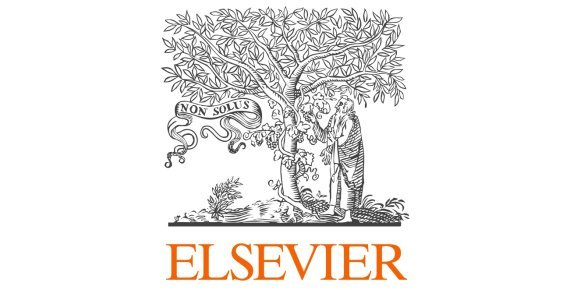The largest obstacle during the negotiations was the transition to open access. Universities would rather not see their scientific papers disappear behind a paywall. The results of public funded research should be freely accessible to all, is the thought.
Elsevier is going to offer more opportunities for open access. In 2018 thirty percent of the Elsevier articles of Dutch authors should be freely available. The deal is going to start in 2016. The details, such as how to keep track of the number of open access articles, are going to be worked out in the coming period. The costs of the deal are not made public. Earlier a deal was made with the publisher Springer.
Currently, it is sometimes also possible to use open access in Elsevier journals, but not as often. The universities do not know exactly how many Dutch Elsevier articles are currently published in open access. ‘We cannot answer that question’, says a spokesman. ‘But not thirty percent, and also not ten percent. Otherwise we would not have had to make this deal.’
The negotiations between universities and Elsevier have been going on for a while. It was harsh at times. Universities were in danger of losing their subscription by the first of January and researchers considered ending their cooperation with Elsevier journals.
The idea behind open access is that researchers pay for their publications instead of their subscription. The publication is then freely accessible for everyone. Elsevier preferred not to participate. The publisher has hundreds of scientific journals in their hands, under which The Lancet and Cell, and is earning a lot of money from the subscriptions.
The hard road to Open Access
Universities versus Elsevier

